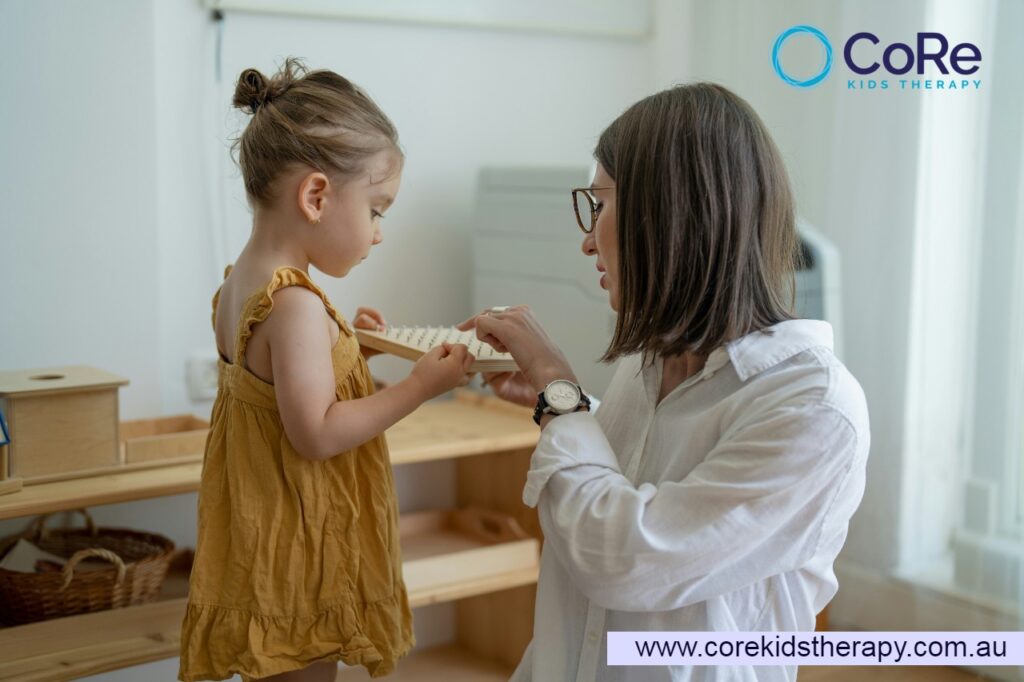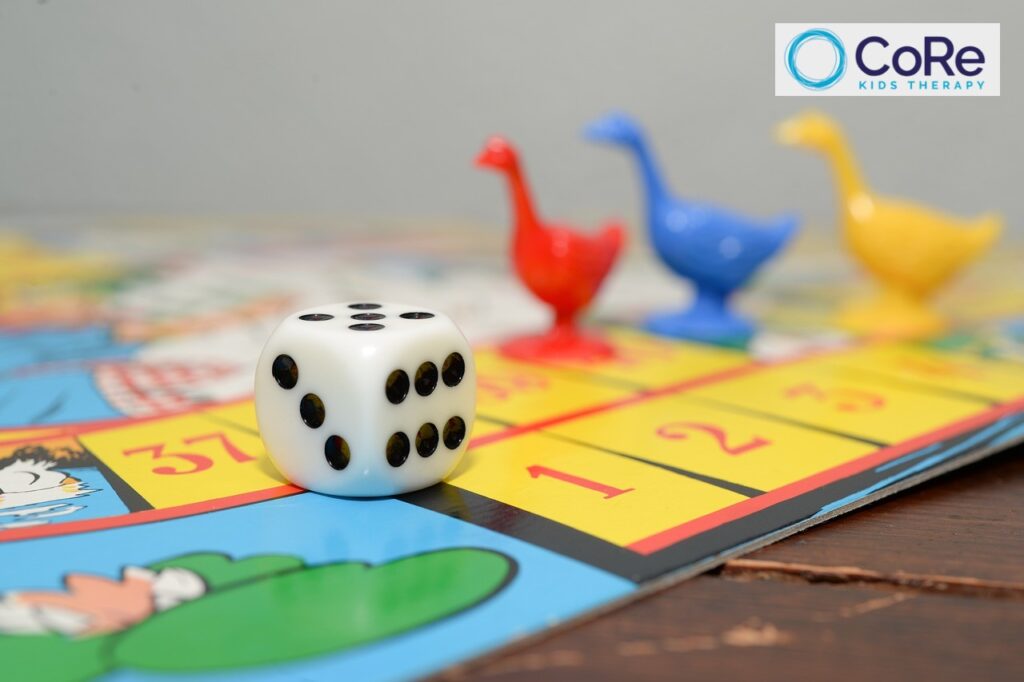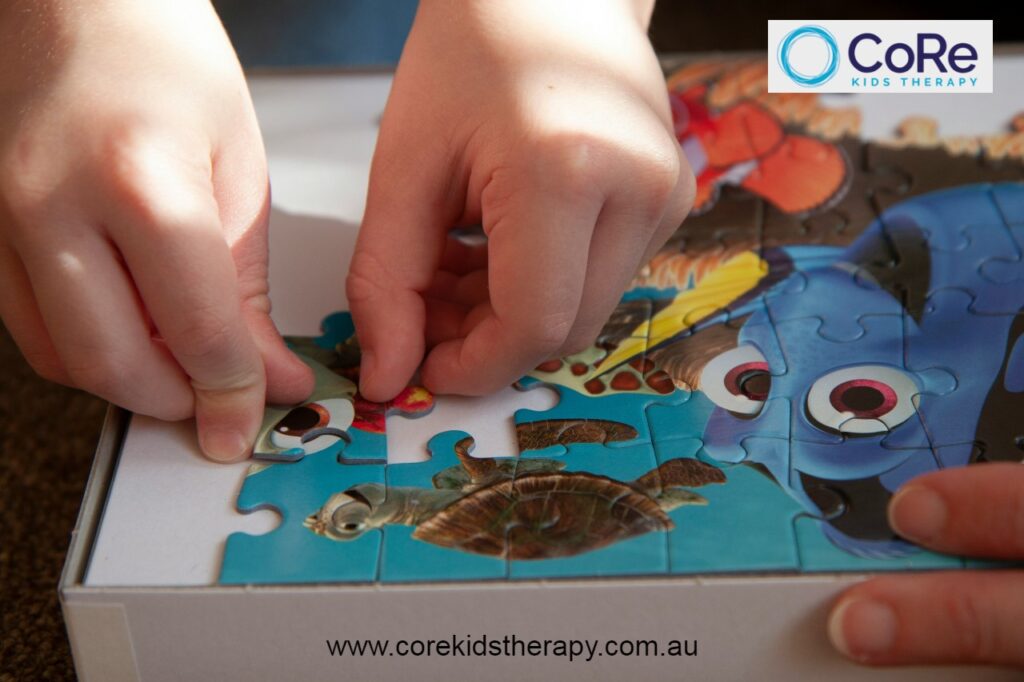The Power of Language in the Play Therapy Room
Children use play as a powerful form of communication—expressing their thoughts, feelings, and wishes through their actions and storytelling. Likewise, the language we use with children holds immense power when used intentionally. Yet, in everyday interactions, adults often fall back on praise to reinforce prosocial behaviour, without always considering its deeper impact. In Child-Centred Play […]










